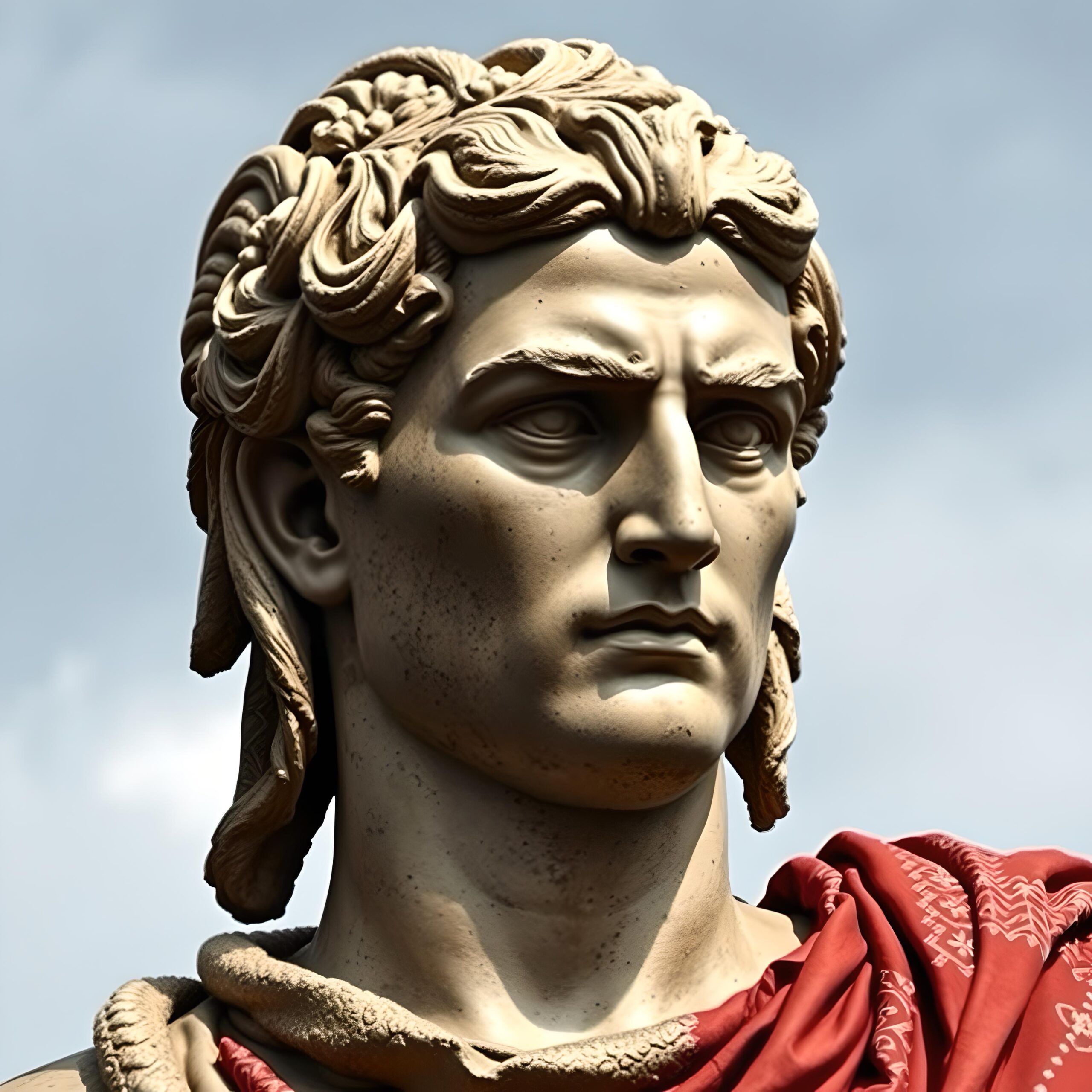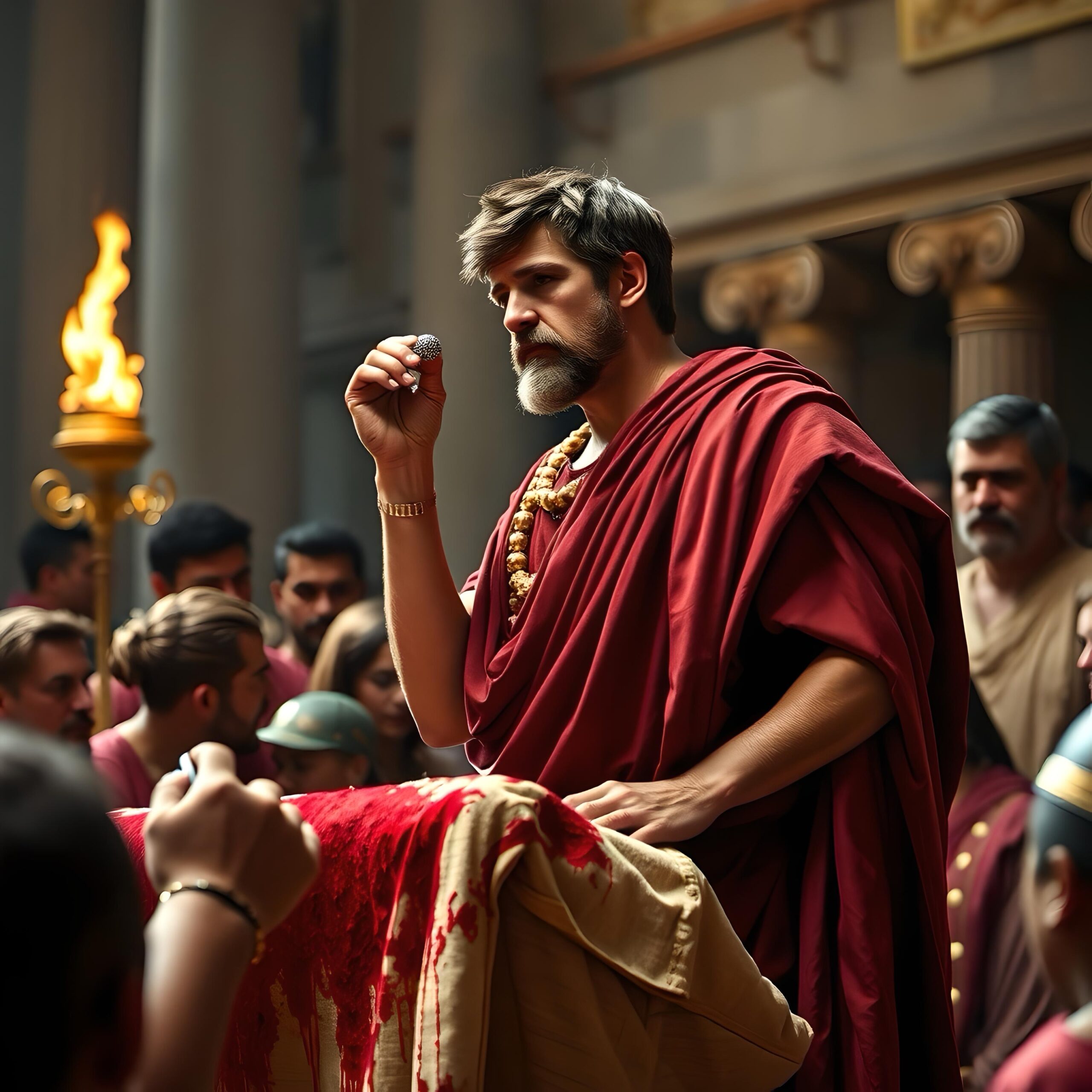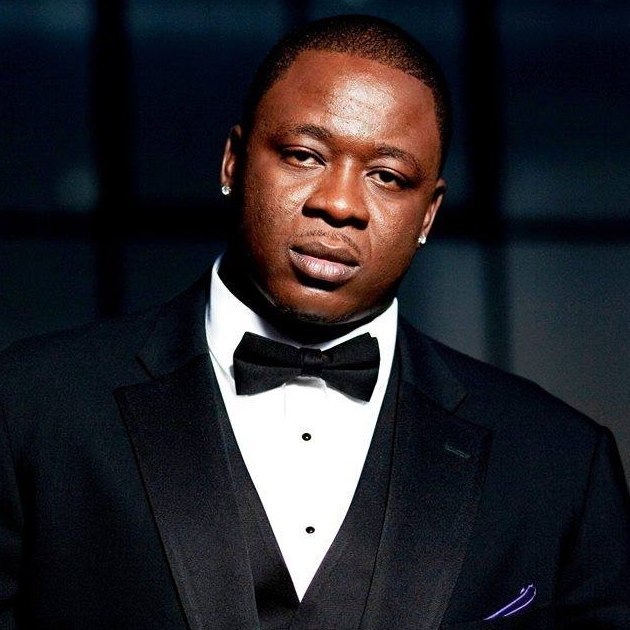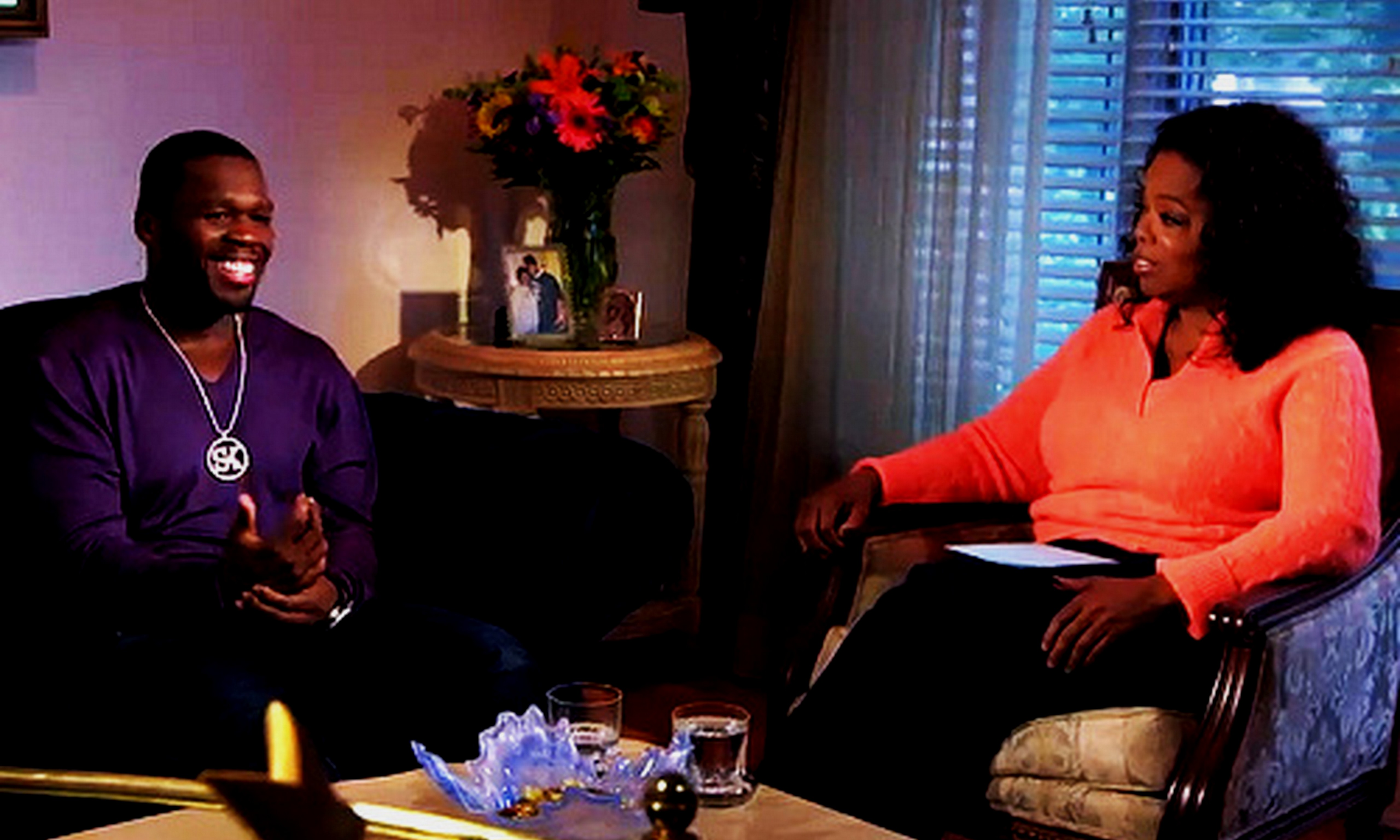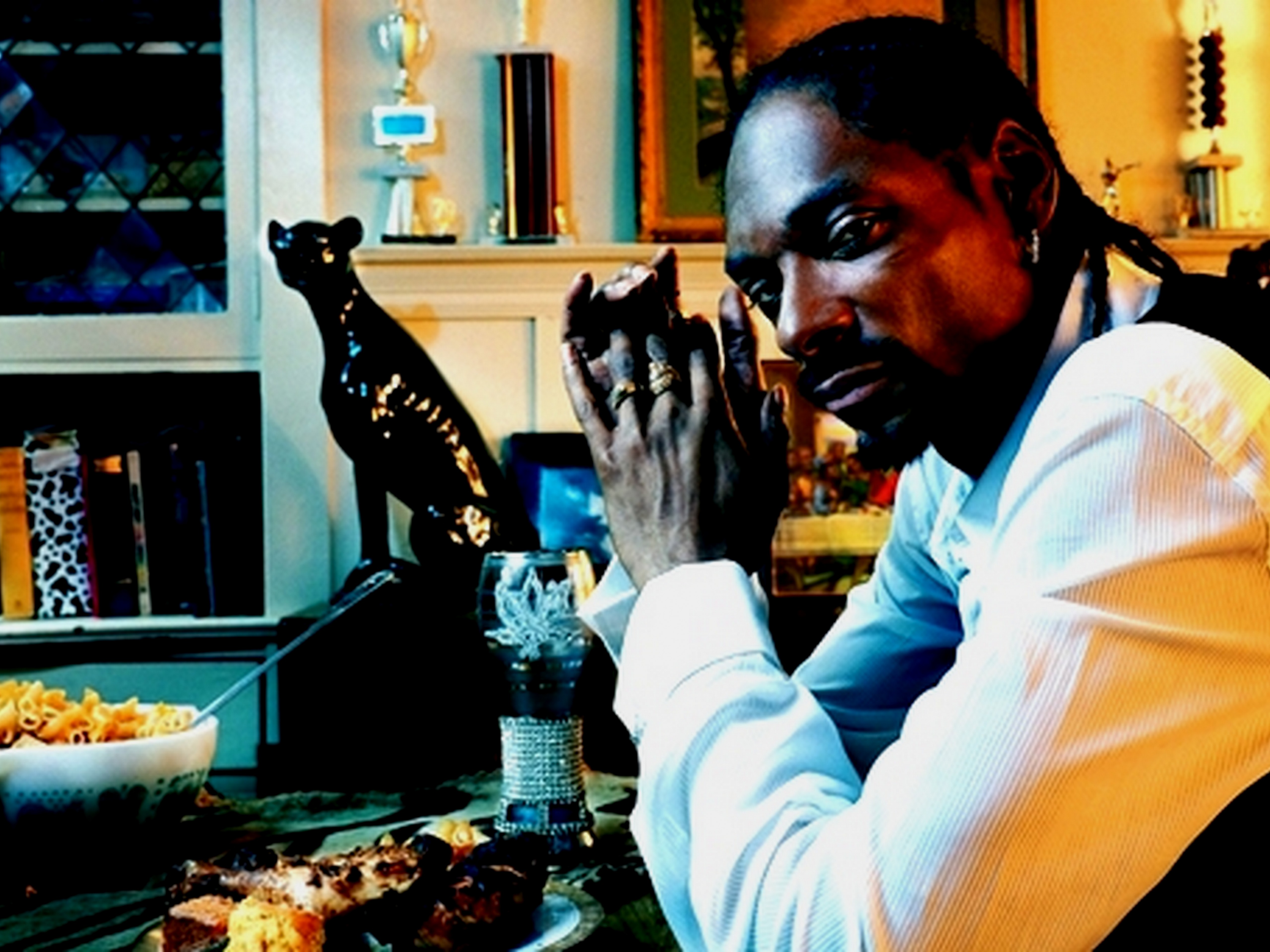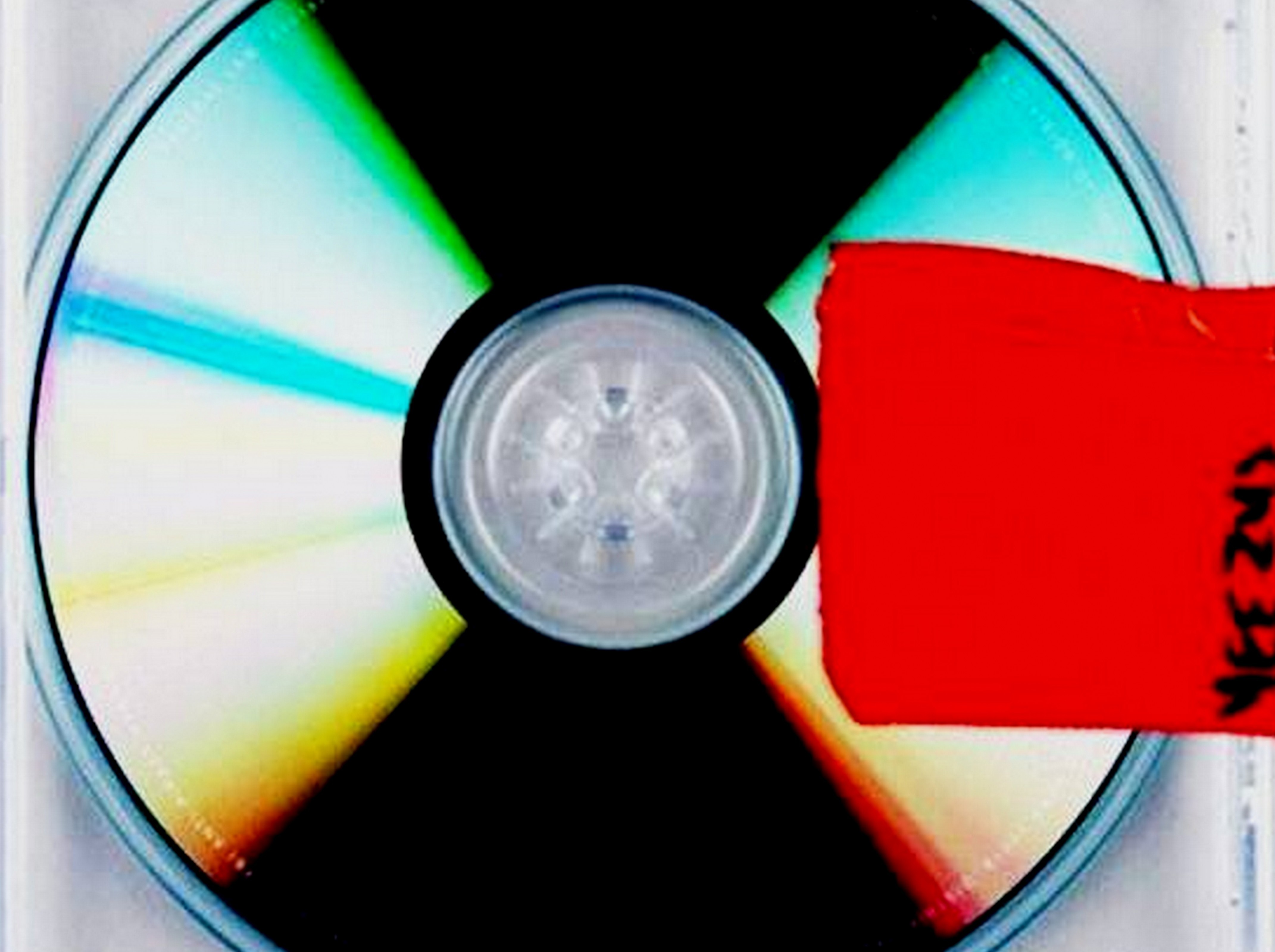Everyone comes to a point in their life when they walk through the valley of the shadow of death. I know because I’ve been in that valley more than once. As a Black man, I steer through life on a precarious edge, teetering just one accusation, one bullet, or one conviction away from utter devastation. In light of that, I’m compelled to discuss Diddy’s tribulation through this theatrical lens, examining the nature of toxic ambition and its destructive potential. Shakespeare’s tragic heroes serve as reminders of this. Yep, I’m conscious of my vulnerability in the world. To be clear, I believe Diddy is innocent of the sex trafficking and RICO charges against him. However, Diddy’s tribulation seems almost karmic, like he’s dealing with the spirit of past ills.
Diddy, the Bad Boy Records legend, a key pioneer and gatekeeper of the Hip Hop and R&B realms of mainstream music, now serves as a critique of Hip Hop’s image and culture, for there is an ongoing campaign against our kulture due to its increasing influence and power. By subjecting Diddy to a public shaming, they further tarnish the image of every other person in the business. When you sport a designer jacket, flashy jewelry, and sunglasses like a rapper or singer, some may wonder if you, too, have skeletons in your closet, similar to Diddy or R. Kelly. They are leveraging these sexual allegations, RICO charges, and indictments to damage our previously admired lifestyle and image. This is not just about Diddy. We, as a culture, are under attack.
My perspective on the allegations against Russell Simmons was similar. While his guilt remained uncertain, he undeniably aided an environment ripe for exploitation. Our moguls did not raise other Black men to the same level of mogul status. Since they (Diddy, Russell Simmons, etc) are the only ones in their billionaire position, it’s easy to eliminate them, as we lack the power to protect them. The Tory Lanez case presents a parallel. Megan Thee Stallion’s account is compelling, impossible to dismiss. Shooting her was disgusting. Yet, if Tory is innocent, his behavior, which involved simultaneously dating multiple celebrities within the same circle, reveals his lack of judgment. We should learn not only to be kings but also to be kingmakers. Every king makes ten kings.
These three hip hop icons (Diddy, Simmons, and Lanez) share a common trait: excessive self-assurance. Hopefully, I’m wrong, but I’ve reflected on my own experiences. My most ferocious criticisms have emerged during periods of peak self-confidence. This pattern suggests a troubling dynamic: Societies perceive Black men as threats once we achieve a certain level of self-assuredness. They only tolerate us (men of African descent) in a state of complete humility. Many people see our confidence as a liability. I share this as someone who wrestles with his ego. That is why, above all, I try to avoid karma. However, I would like to digress to one of my favorite plays by Shakespeare, specifically “Julius Caesar,” which I’m sure many of you are familiar with.
Julius Caesar’s meteoric rise to power was paved with treachery and ruthless ambition. His ascent, while undeniably triumphant, left a trail of shattered loyalties and suffering. He cast aside his allies, Pompey and Crassus, sacrificing their trust on the altar of his aggrandizement. Massacres stained his hands, and his personal life was marred by infidelity. His exploitation of Cleopatra, leaving her pregnant, exemplifies his lack of empathy. He cynically leveraged her vulnerability, fathered her child, then deserted her as her kingdom was on the brink of collapse. It contributed to Egypt’s demise. His interference in Egypt’s internal conflicts resulted in Cleopatra’s ascension to power (knowing she couldn’t hold on to it), effectively setting the stage for Roman conquest.
Returning to Rome, he seized absolute authority, silencing the Senate’s opposition and proclaiming himself dictator for life – a demonstration of his insatiable hunger for dominance. Meanwhile, he did not create any kings. His legacy, therefore, is not merely one of conquest but one of moral bankruptcy. The Senate could not remain silent. In the full glare of the brimming sunshine, they concocted a nefarious scheme and assassinated their self-proclaimed dictator. Caesar’s end became a spine-tingling affirmation of poetic justice. At the zenith of his confidence, billowing with unparalleled self-assurance, they snuffed out his candle. We all remember how Julius Caesar faced a second betrayal when his other protégé, Brutus, delivered the final death blow.
Ironically, Mark Antony, the son of one of Caesar’s mistresses and a man secretly driven by the desire to inherit Caesar’s legacy, gave his eulogy. And what a performance it turned out to be! Antony began, “Friends, Romans, countrymen, I’ve come to bury Caesar, not to praise him,” an artfully deceptive opening that set the stage for his masterful orchestration to usurp the Roman throne. He then eloquently dissected the enduring stain of Caesar’s malevolence, contrasting it with the ephemeral nature of virtue, which perished along with the holder. Ultimately, what Mark Antony meant was that regardless of how many virtuous acts one performs, people will forget them. Only their wicked deeds will endure forever. This is what happens to non-kingmakers.
I appreciate your intelligence, which is why I present my blog posts as open discussions, instead of public lectures. You already have the insights. My comparison of Shakespeare’s “Julius Caesar” with this assault in the war against hip-hop is meaningful. It reveals the lasting impact of negative propaganda, which can be fueled by toxic ambition. As Mark Antony noted (in his eulogy at Julius Caesar’s funeral), people remember our wrongdoings long after our good deeds fade into obscurity. “The evil men do lives after them. The good is often buried in their bones.” Consider the tragic cases of Michael Jackson and Bill Cosby… Had I been Jackson, the relentless accusations, despite a lack of conclusive evidence, would have driven me to despair.
Both men (Jackson and Cosby), philanthropists who lavished millions upon charitable causes, are primarily remembered for the HORRIBLE allegations against them. They even cruelly weaponized Jackson’s devotion to children against him. Cosby, a stalwart advocate for women’s education, was felled by the very community he championed. His accusers are people he was trying to help. Nonetheless, he did not put his energy into creating other kings like himself. He focused on the women and success instead. This pattern tragically repeats itself. Russell Simmons, another key figure on the Black side of the entertainment community, also faced devastating accusations. They overshadowed his legacy of positive contributions to the women’s rights struggle.
The allegations, regardless of their veracity, eclipsed years of commendable work, obliterating the memory of their philanthropic endeavors. Michael Jackson’s heartfelt plea for global healing, embodied in “Heal the World,” proved insufficient to shield him from a downfall. The corrosive power of unsubstantiated claims—even amidst a torrent of demonstrable good deeds—remains a sobering reality. In my case, for a decade, my Freddy Will Hope Foundation had channeled resources (both my own and generous donations) to empower scores, even hundreds, of young women with secondary and tertiary education. Desperate pleas for help arrived directly from families grappling with the harsh reality of unaffordable schooling in numerous parts of Africa.
Hundreds who had succumbed to the crushing weight of poverty and forfeited their education were given a lifeline, propelling them through high school and university. Yet, amidst this investment in their futures, a disheartening silence prevails. I did not see a single expression of gratitude, nor a single update on how this transformative intervention shaped their lives, that has ever reached me. These young women, now adults leveraging their education in their chosen professions, remain eerily absent from acknowledging the impact of our support. Will they ever break their silence? Will they ever rise to defend the integrity of my endeavors? These are the real-life challenges for entertainment moguls today. “The good is often buried in their bones.”

